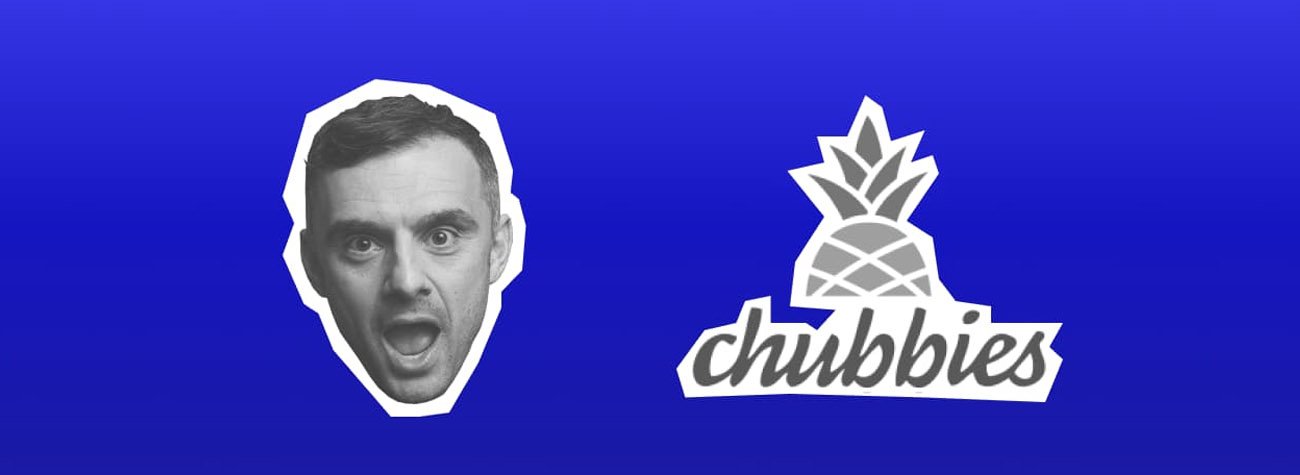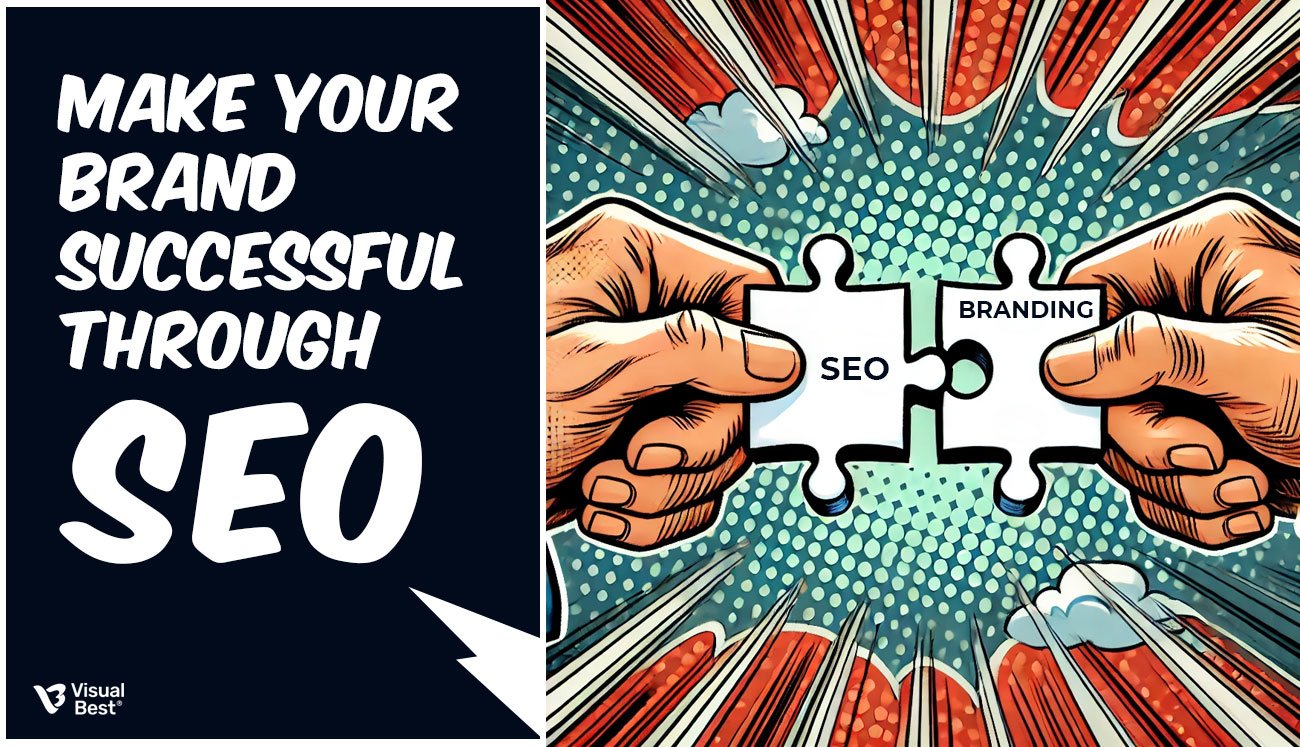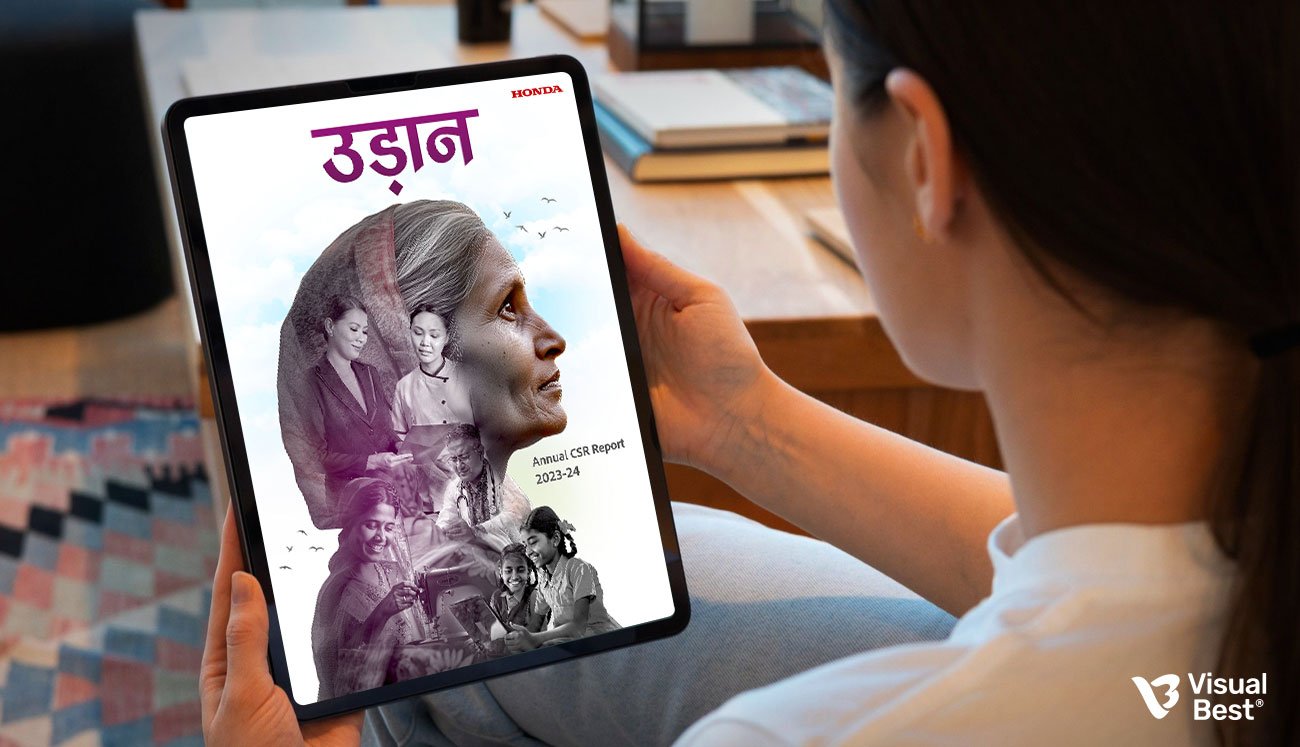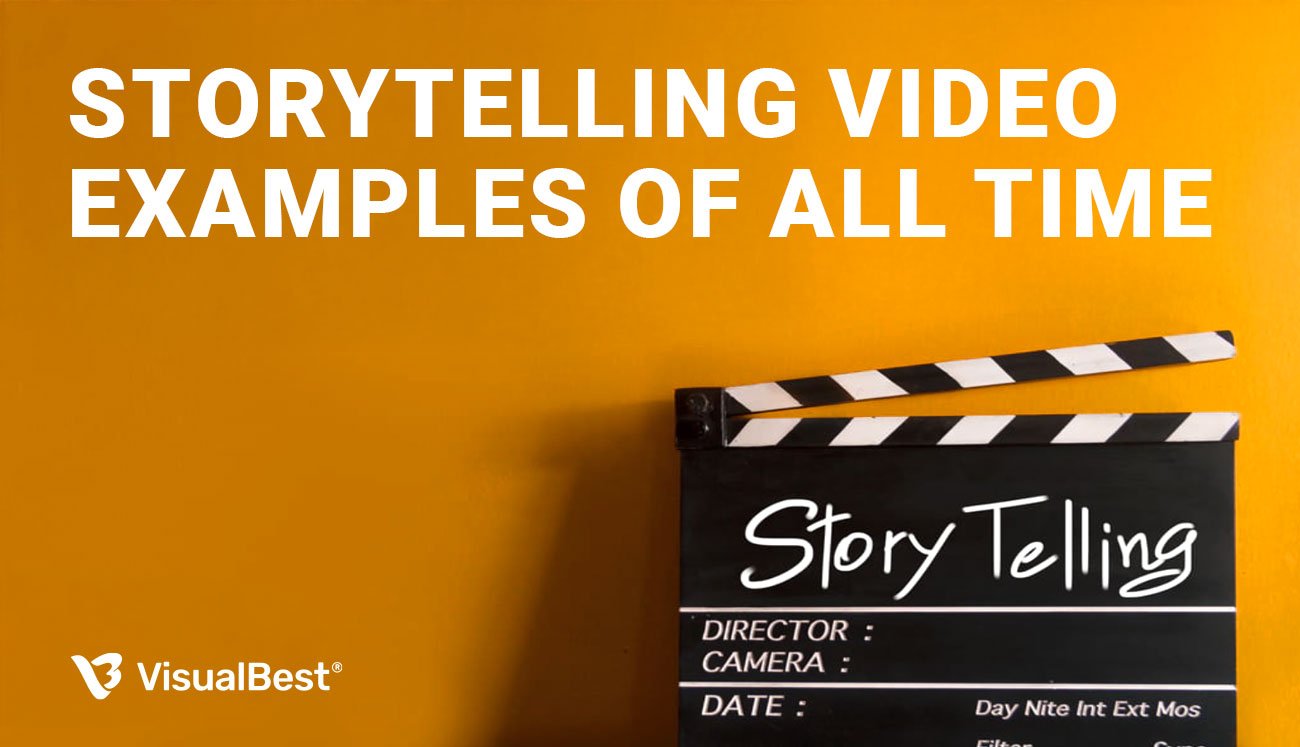Personal Branding vs. Business Branding: What’s Best for You?
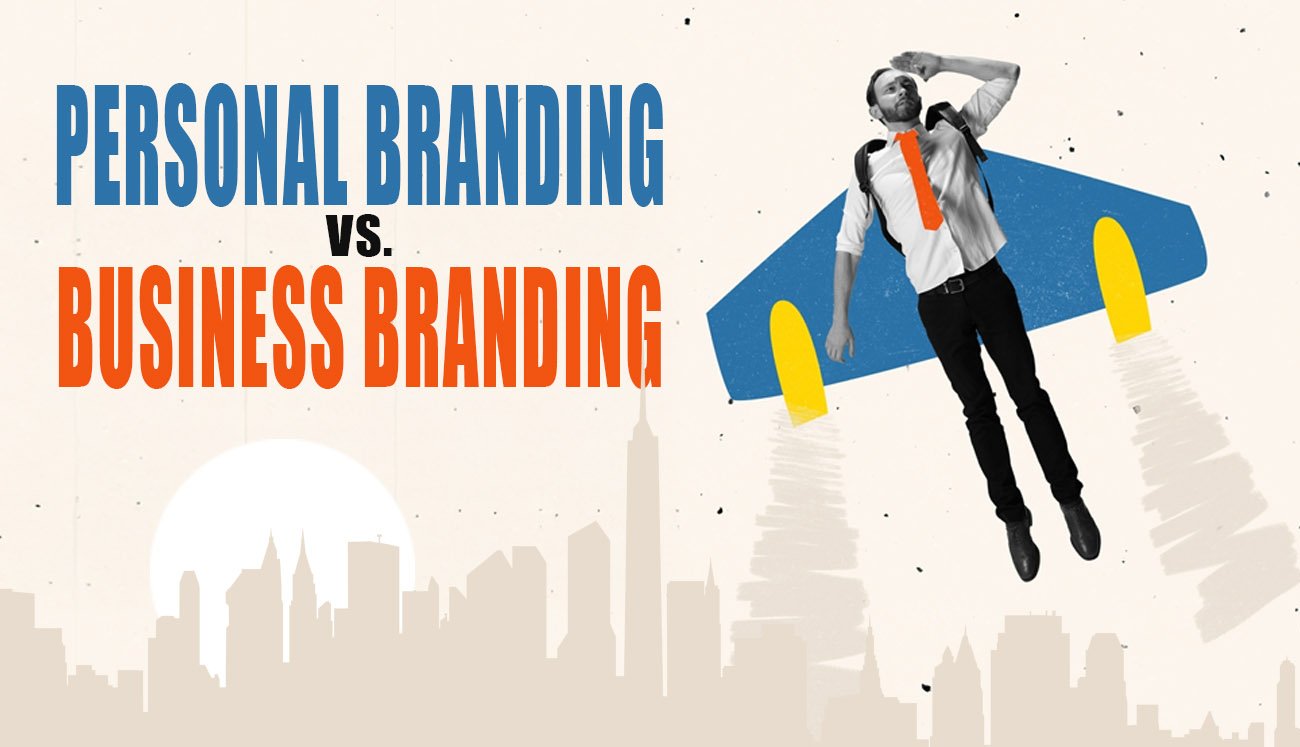
Imagine you’re a talented photographer or a fashion designer, prepared to step into freelancing or entrepreneurship. Your portfolio is polished, and your abilities are marketplace-ready, but there’s one large decision in front of you: Should your logo carry your name, or must it operate under a distinct enterprise identity?
This decision shapes more than simply your emblem, it affects the way you connect with your target audience, develop your visibility, scale your offerings, and role yourself in your industry. For many entrepreneurs, in particular, those just beginning out, this desire units the tone for their long-term strategy. And why shouldn’t they be concerned about their branding, when 75% of consumers recognize a brand by its logo, making it an important identity for business of any level.

Choosing between personal branding vs. business branding isn’t constantly honest. 92% of consumers trust recommendations from individuals—even if they don’t know them—over branded content non-public branding can offer a quick song to agree with and relatability. But with that comes barriers around scalability and future increase.
In this guide, we’ll spoil down every form of branding without a doubt, highlight their pros and cons, examine the use of actual-world examples, and introduce a third alternative: the hybrid version. You’ll additionally see how Visual Best can guide you in constructing a brand that feels real and aligns with your commercial enterprise dreams, whether or not that’s constructed around your name, a business enterprise name, or both.
What Is Personal Branding vs. Business Branding?
What Is Personal Branding?
Personal branding is when you become the brand. It’s a strategic approach where your identity, your name, face, voice, experience, values, and personality—forms the foundation of how people perceive your business or expertise.
Rather than marketing only a product or service, non-public branding revolves around constructing acceptance as true with, relatability, and authority through your tale. You are not just promoting what you do, you’re selling who you are and why you do it.
This form of branding has become exceedingly effective in the age of social media and online entrepreneurship, where audiences crave authenticity and personal connection.
Why Personal Branding Works
People tend to shop from people they consider, and it’s a good deal less complicated to consider a face than a logo. That’s why private brands can quickly benefit from traction if the character behind them is relatable, credible, and attractive. With personal branding, your reputation becomes the forex. As you always display, proportion treasured insights, and inform your tale, your target audience grows to look at you as a professional, and a person they want to paint with or study from.
Famous Examples of Personal Brands

Marie Forleo: A writer, business educator, and entrepreneur whose emblem is constructed absolutely around her call. Her B-School program draws hundreds yearly, now not due to a business enterprise name, but due to her particular voice, personality, and values.
Gary Vaynerchuk (Gary Vee): Known for his unfiltered style and business insights, Gary constructed his empire using sharing personal stories, formidable predictions, and actual-time commercial enterprise advice. His name and face are inseparable from his ventures, inclusive of VaynerMedia.
Ali Abdaal: A former medical doctor who grew to become a productive YouTuber and educator, Ali constructed a huge audience by really sharing his journey and information via movies, courses, and newsletters—all under his own name.
Personal Branding Is Ideal For:
- Creators and influencers: Who rely on storytelling, authenticity, and engagement to build loyal communities. A personal brand helps them build trust faster and form deeper emotional connections.
- Coaches and consultants: Who needs to demonstrate authority, empathy, and relatability? Your story and approach become your brand’s differentiator.
- Authors, speakers, and educators: When your credibility and visibility are directly tied to your expertise, having a personal brand between personal brand vs. business brand helps you stand out and attract opportunities.
- Freelancers and service providers: Who benefit from one-to-one connections, word-of-mouth referrals, and direct communication. Clients often choose freelancers based on personality and reputation just as much as skill sets.
Key Strengths of Personal Branding
- Builds strong, loyal communities.
- Fast to establish and grow when done authentically.
- Flexible—you can evolve your brand as your interests and expertise shift.
- Easier to develop a distinct tone of voice and presence.

What Is Business Branding?
Business branding is the process of creating a distinct identity for your company, one that stands apart from your identity. Instead of focusing on who you are as a person, this type of branding centers around a company name, mission, story, and promise to customers.
In business branding, the brand is treated as its entity. It can grow independently of the founder, have multiple voices or faces representing it, and even be sold or franchised in the future. It’s built with the long-term vision in mind—often to scale, hire teams, expand into new markets, or diversify offerings.
Unlike personal branding, which thrives on personality, business branding thrives on consistency, professionalism, and clarity. Think sleek logos, brand guidelines, style consistency, and customer service systems.
Examples of Business Branding Done Right
- Basecamp: A project management platform known for its minimalist brand identity, clear messaging, and opinionated approach to productivity—none of which relies on a personal figure.
- Mailchimp: Its quirky, approachable tone and consistent visual identity have made it one of the most recognized marketing tools globally, despite no celebrity founder image driving it.
- Notion: With a strong community and product-led branding approach, Notion built a passionate global user base—without a single influencer figurehead.
Business Branding Is Ideal For:
- Agencies and startups: Who wants to build a scalable structure that doesn’t rely on one person? A business brand allows for team growth and operational systems.
- E-commerce or product-based businesses: Where the focus is on physical goods, packaging, and user experience—rather than a personal story.
- Software companies and tech startups: Where branding needs to reflect reliability, innovation, and trustworthiness in a competitive space.
- Franchise or multi-location businesses: These require standardized branding that can be easily replicated and understood across markets.
Key Strengths of Business Branding
- Easier to scale and grow a team
- More professional appearance for certain industries
- Allows for clearer delegation and specialization
- Higher potential for acquisition or resale
59% of consumers prefer to buy from brands they recognize, especially in competitive markets like SaaS, e-commerce, and financial services.
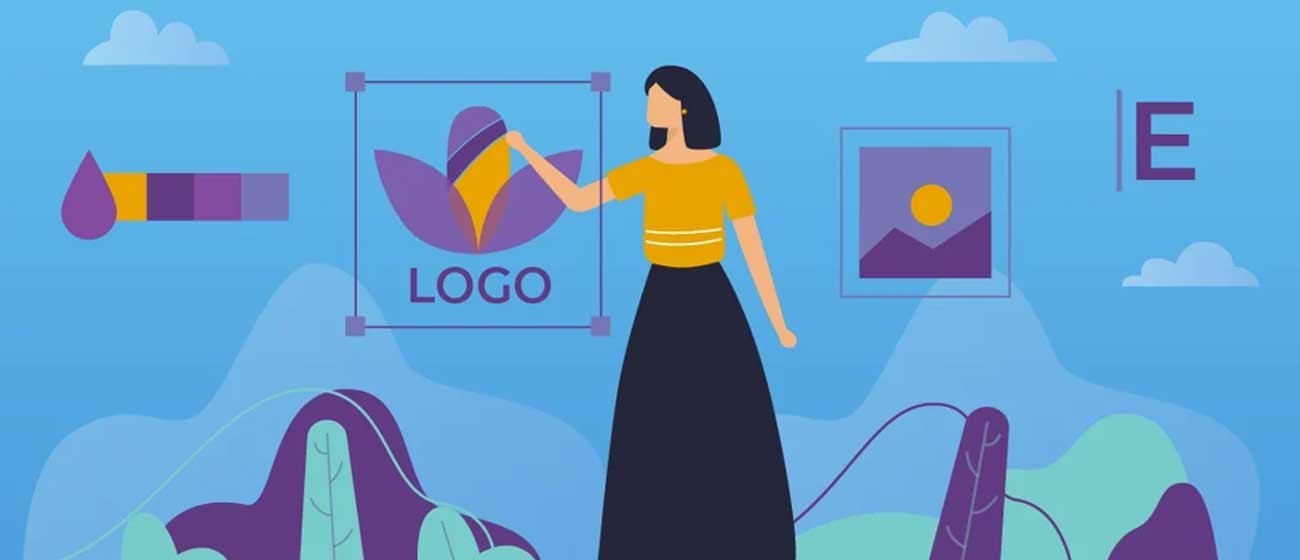
Exploring The Pros and Cons of Personal Branding
Benefits of Personal Branding
- Authenticity Builds Trust
When audiences connect to a real man or woman, it creates emotional resonance. Sharing your journey, values, and character allows people to relate to you, which fosters loyalty. Consumers often need to help human beings they recognize and like, now not faceless brands. - Easy to Pivot and Reposition
You’re not boxed into a single niche or product line. If your pastimes evolve or the market shifts, you can easily shift awareness with no need for a full rebrand. For example, a lifestyle coach can pivot into enterprise training under the same call. - Enhanced Engagement and Visibility
People have a tendency to engage more with private content material. Social media algorithms frequently reward real faces and stories over snapshots or logos, giving your content material greater attainment. - Perfect for Knowledge-Based Professionals
If your knowledge or experience is your unique price proposition, a personal emblem enables spotlight that credibility in a natural and effective manner.
Disadvantages of Personal Branding
- Harder to Scale Beyond Yourself
If everything depends on you, your availability, electricity, and private entry—scaling becomes hard. You’re the emblem, which means that you can’t delegate certain key duties without diluting the message. - Challenging to Sell or Exit
If the business is too tied to your non-public identity, it can’t easily be transferred or offered. Buyers commonly want a logo that could feature independently of the founder. - You’re Always “On”
Your private existence can be mixed into your expert image. Privacy will become restrained, and your target audience may count on constant visibility and content material from you. - Risk of Burnout or Relevance Loss
If you’re out of the spotlight or take a ruin, your emblem can also suffer. Trends change quickly, and staying applicable often requires ongoing content and presence.
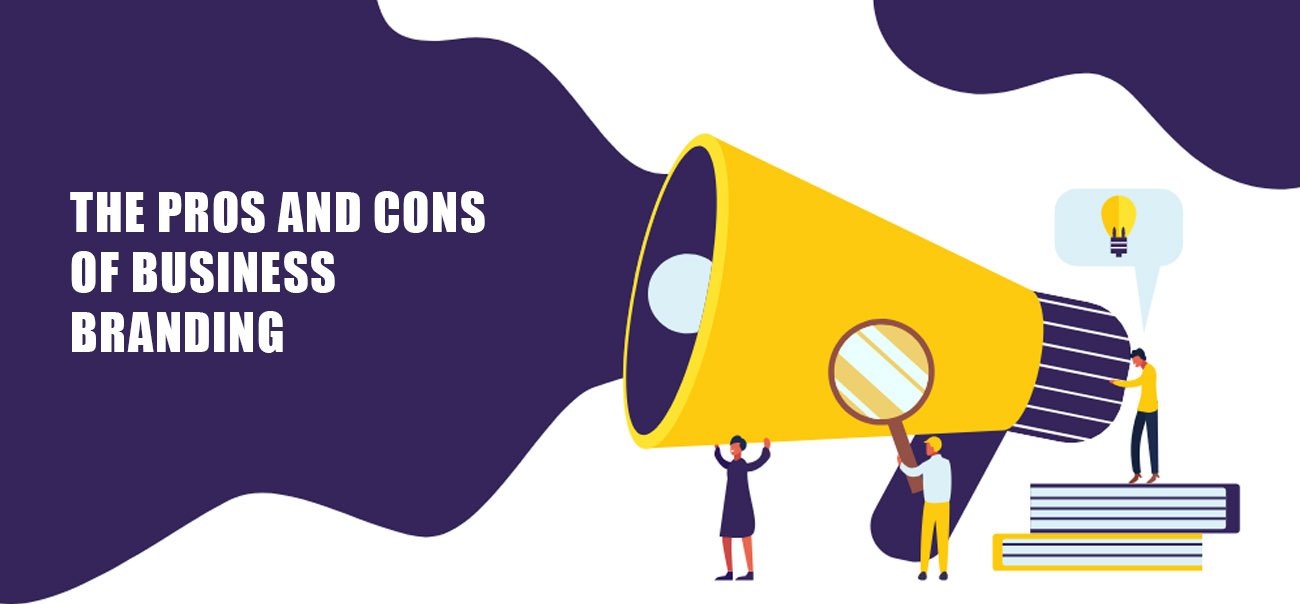
Exploring The Pros and Cons of Business Branding
Benefits of Business Branding
- Built for Scalability
A business brand can grow with structures, group individuals, and automation. You’re not the bottleneck, and operations can continue even while you’re no longer worried about every detail. - Easier to Sell or License
A brand with clean intellectual belongings, enterprise property, and dependent processes has an actual economic fee. It will become a sellable, transferable asset. - Perceived as More Professional in Some Fields
For industries like B2B services, finance, law, or tech, a business emblem can offer an experience of shape and legitimacy that personal manufacturers may additionally lack. - Keeps Personal Life Separate
You can pay attention to your paintings without continually being the face of them. This creates space between your commercial enterprise identification and your non-public self, which many founders recognize.
Disadvantages of Business Branding
- Takes Time to Build Trust
Logos and taglines don’t build relationships. It takes longer for an enterprise logo to gain unswerving followers until the product is brilliant. - Can Feel Less Human or Relatable
It’s more difficult to connect emotionally to a faceless emblem. Your advertising has to work harder to herald warm temperature and authenticity through emblem storytelling. - Higher Investment to Look Credible
You’ll probably want expert designers, copywriters, strategists, and marketers to craft a brand that resonates together with your target market and enterprise. - Slower Audience Growth Inside the Beginning
Unless you have big advertising finances or a viral product, growth can be slower compared to a non-public brand fueled through relatability and storytelling.
Key Differences between Personal Brand and Business Brand with Real-World Examples
Differences between personal brands and business brands are essentially specific in structure, tone, and motive. Here’s a breakdown of how they evaluate across crucial dimensions:
Primary Focus
Personal Brand: The core of a private emblem is you—your story, experiences, values, and information. Your name, face, and reputation pressure your brand’s identity.
Business Brand: A commercial enterprise brand facilitates a business enterprise’s identity, mission, offerings, group, and vision. It operates independently of any single individual.
Audience Connection
Personal Brand: Connection is constructed emotionally. Followers relate to your journey, ideals, and personal voice. The target audience tends to be extra loyal because they feel like they recognize you.
Business Brand: The connection is greater functional or advantage-pushed. Audiences are attracted to how the logo solves problems or provides a fee, not necessarily who’s behind it.
Growth Potential
Personal Brand: Growth may be effective, however, it’s often restrained via slow, energy, and private involvement. The brand scales with you.
Business Brand: Designed for scalability. You can construct teams, structures, and processes that permit the brand to develop without relying on your presence.
Exit Strategy
Personal Brand: Selling or stepping far away from a personal emblem is challenging. It’s difficult to switch an enterprise constructed around your call and character.
Business Brand: Easier to promote, franchise, or hand off. Investors and buyers regularly search for manufacturers that are characterized autonomously.
Marketing Style
Personal Brand: Often relies on storytelling, in the back of-the-scenes content material, and organic engagement. It’s casual, relational, and frequently built through platforms like Instagram, YouTube, or LinkedIn.
Business Brand: Uses dependent messaging, campaigns, and regular branding throughout channels. It’s typically extra formal, strategic, and polished.
Understanding with Some Real-World Examples
Personal Brands:
Ali Abdaal – Uses his private adventure and enjoys teaching productiveness and commercial enterprise growth.
Marie Forleo – Built an international network around her name and character, using the fulfillment of her B-School program.
Jenna Kutcher – Combines photography, advertising, and way of life content below her name, growing deep connection and engagement.
Business Brands:
Notion – An effective productivity device that markets around user advantages and emblem values, not a man or woman face.
Canva – Built on a business name, it has scaled globally with a focal point on features, ease of use, and community-pushed design.
HubSpot – B2B software with a brand identity that’s rooted in inbound advertising strategy and constant logo voice—now not non-public identity.
Personal Branding Vs. Business Branding – How to Decide Which is Right for You? Ask Yourself These Questions:
Do I want to be called the face of the emblem for a long period?
If sure, a personal logo lets you construct a reputation and a faithful following around your call and understanding.
Am I making plans to develop a crew and eventually step away?
A business emblem offers you the ability to step lower back even as the emblem continues to grow and perform.
Is my tale and presence crucial to selling my product or service?
This is regularly the case for coaches, influencers, and creatives. If your story adds value to your presentation, non-public branding may be the stronger choice.
Do I need to construct an asset that I can promote?
Then an enterprise emblem is a better lengthy-time period method, as it’s not dependent on you for my part to exist.
Can I commit to being “visible” always if I go private?
Personal branding calls for ongoing presence—films, images, and social media. Be sincere with your consolation degree.
Opting For The Hybrid Model: The Best of Both Worlds
What Is Hybrid Branding?
Hybrid branding includes the usage of each a private emblem to draw, and an enterprise brand to scale. This is increasingly more popular within the virtual age wherein personal agreement drives site visitors and commercial enterprise infrastructure supplies funds
Why It Works:
- You build a loyal audience together with your personality and story.
- Then you channel that target market toward a product, platform, or carrier that lives beyond you.
- You keep human connection at the same time as constructing a scalable shape.
Examples of Hybrid Models:
- Neil Patel built his authority through private content and now drives visitors to his organization, NP Digital.
- Chris Do makes use of his pogo to sell his innovative enterprise platform, The Future.
- Marie Forleo’s movies lead to her packages like B-School, a properly branded enterprise product.
Businesses that integrate personal and business branding see stronger engagement and better client conversion due to higher trust and clarity.
How Visual Best Can Help Building A Successful Brand Identity
Whether you’re leaning closer to non-public, business, or hybrid branding, Visual Best is here that helps you craft an emblem that feels real, seems expert, and drives outcomes.
Our Branding Services:
- Brand Strategy Development: We assist you define your voice, messaging, and target audience connection factors.
- Visual Identity Creation: Including trademarks, typography, personal monograms, and custom shade palettes that replicate your personality.
Social Media Presence: Custom content designs, templates, reels, and submit schedules aligned with your logo voice. - Website Design: Personal portfolios, blogs, and landing pages constructed to connect and convert.
Our Business Branding Services:
- Complete Brand Identity Systems: From naming and logo design to complete emblem fashion guides.
- Business Websites: Conversion-optimized designs with lead capture, provider pages, and product flows.
- Marketing Collateral: Brochures, pitch decks, email templates, and advert creatives.
- Team Branding: Guidelines for group verbal exchange, branded emails, and schooling visuals to hold everything cohesive.
Conclusion
The decision between a personal brand vs. business brand isn’t approximately right or incorrect—it’s about what aligns first-rate together with your dreams, your target audience, and your long-term vision.
Start as a personal logo if you’re simply getting started or constructing a provider business around your expertise. Choose a business brand if you’re trying to scale, lease, or eventually go out. Or do not forget a hybrid in case you want the agreement of a personal voice and the shape of a business.
Whatever you select, make it intentional and make it unforgettable. And while you’re ready to construct an emblem that visually sticks out and emotionally connects, permit Visual Best to convey your vision to life.
 +91 96504 08093
+91 96504 08093


